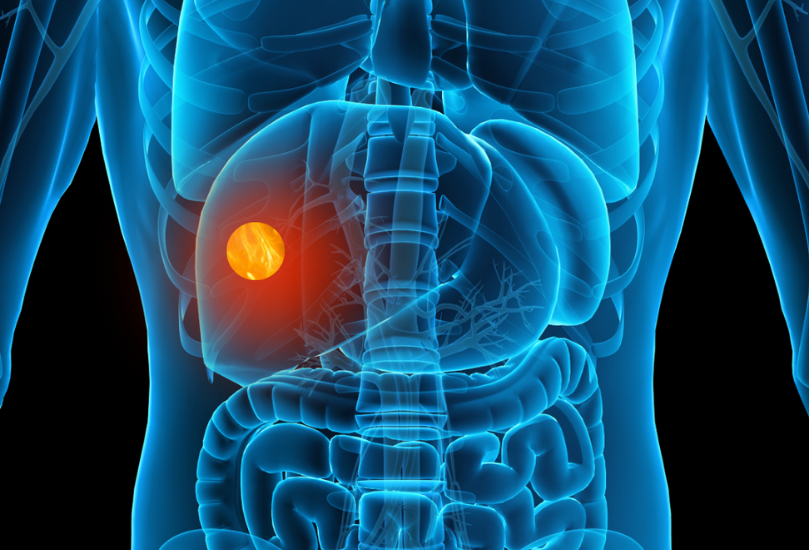
Colorectal Cancer
For most people, a tummy ache is just that. A simple tummy ache. It’s something we tend to take very casually. But, on occasion, a stomach ache can be indicative of a far more serious problem – digestive track complications, colitis and even cancer. Tackling these conditions at an early stage ensures you a better chance of survival. In cases involving colonic cancer and colitis, timely intervention can save the lives of 70-80% of patients. So, make it a point to visit your doctor regularly for check-ups. Colorectal cancer starts in the colon or the rectum. These cancers can also be named colon cancer or rectal cancer, depending on where they start.
Symptoms of Colorectal Cancer
- Persistent constipation or diarrhoea
- An urgency to move the bowels
- Rectal cramping, or rectal bleeding
- Dark patches of blood in or on stool; or long, thin, “pencil stools”
- Abdominal discomfort or bloating
- Unexplained fatigue, loss of appetite, and/or weight loss
- Pelvic pain, which occurs at later stages of the disease
Risk Factors
- Older age (after 50)
- Inflammatory bowel disease, Crohn’s disease, or ulcerative colitis
- A personal or family history of colorectal cancer or colorectal polyps
- Lack of regular physical activity
- Low fruit and vegetable intake
- A low-fibre and high-fat diet
- Overweight and obesity
- Alcohol consumption
- Tobacco use
Types of Colorectal Cancer
- Stage I: Cancer has grown through the mucosa and has invaded the muscular layer of the colon or rectum.
- Stage II: Cancer has grown through the wall of the colon or rectum
- Stage III: Cancer has grown through the inner lining or into the muscle layers of the intestine and spread to one to three lymph nodes
- Stage IV: Cancer has spread to different organ like lungs, bones, liver, lymph nodes, brain or spinal cord.
Laparoscopic Surgery for Colonic & Rectal Cancer
Should you observe any of the following symptoms, please refer to a specialist immediately.
- Bleeding from the rectum in patients above age 40
- Altered bowel habits (> 6 weeks)
- Weight loss or family history of cancer
- Concealed Cosmetic Scar
- Minimal Pain
- Faster Recovery and Minimal Post-op Adhesions
- Minimal Blood Loss as Compared to Normal Surgery

